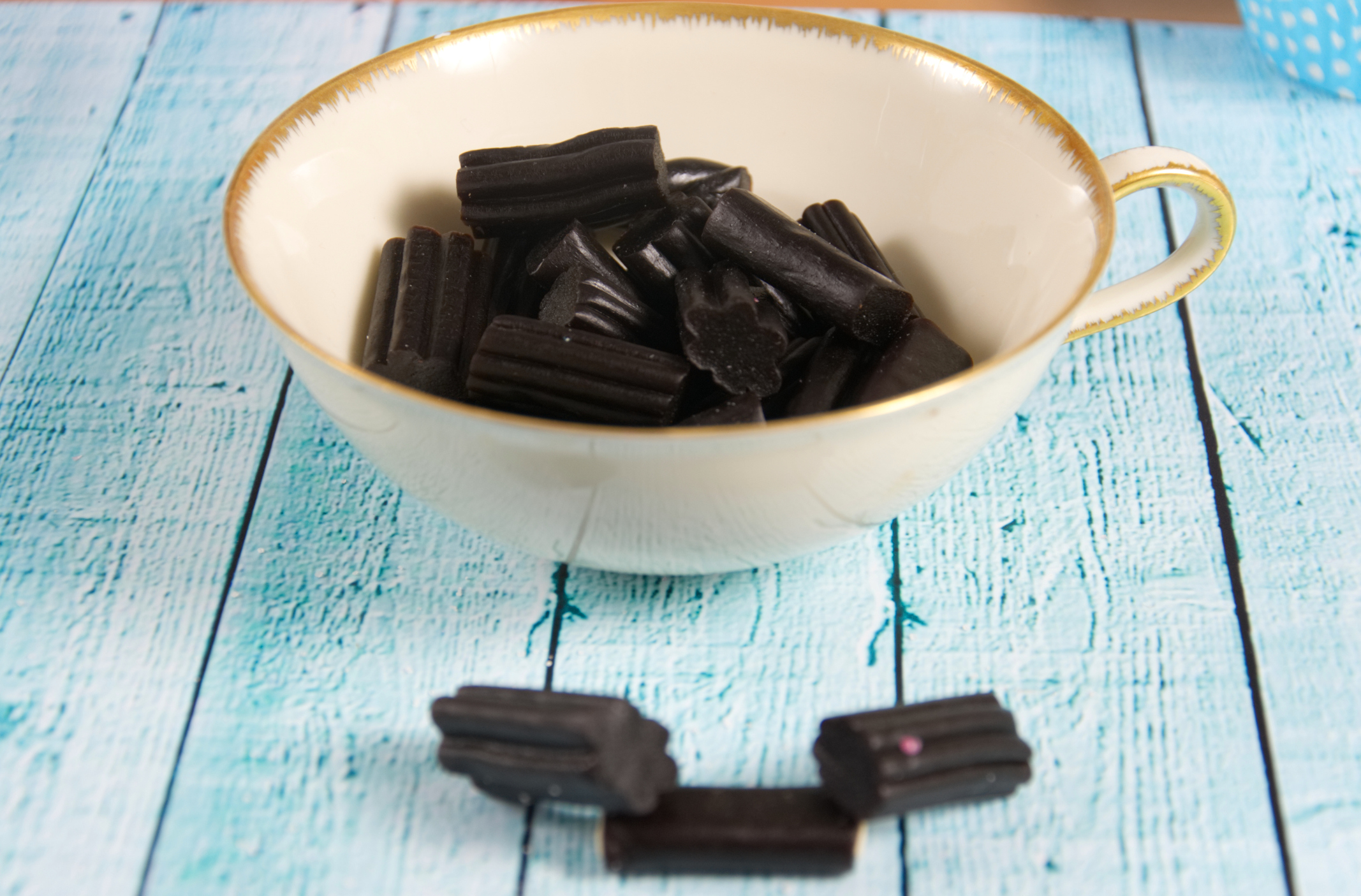Get Easy Health Digest™ in your inbox and don’t miss a thing when you subscribe today. Plus, get the free bonus report, Mother Nature’s Tips, Tricks and Remedies for Cholesterol, Blood Pressure & Blood Sugar as my way of saying welcome to the community!
Why too much black licorice is bad for your blood pressure and heart

I love licorice. Not the artificial stuff chock full of red-40, but the all-natural, soft, black licorice. It’s so chewy and delicious. I don’t eat candy often, but when I do, that’s my go-to. That’s why I was concerned when I read a certain piece of news recently.
A 54-year-old construction worker in Massachusetts died after his heart stopped suddenly. The cause? Eating too much black licorice over the course of a few weeks.
I know what you’re thinking… how could a few weeks of overindulging in candy cause someone’s heart to stop? Sure, years of eating candy could put your heart in jeopardy, just like any junk food would. But a few weeks? That’s scary stuff.
However, there’s a good reason eating too much black licorice over a short period of time could put your heart in jeopardy…
The acid in black licorice that hits your heart hard
Before I explain why black licorice puts your heart at risk, I want to tell you a little more about what happened to that Massachusetts construction worker.
He was a 54-year-old licorice lover who had developed a habit of eating red licorice daily. One day, he decided to switch to black licorice, and he ate it for a few weeks before his heart suddenly stopped while he was at a restaurant. Paramedics were able to revive him, but, unfortunately, he died the next day.
Now, this was an extreme case. But it’s far from the first time black licorice has been tied to heart trouble. That’s because black licorice contains a compound called glycyrrhizic acid.
In high doses, glycyrrhizic acid can cause serious imbalances in your electrolyte levels, particularly potassium. Low potassium can cause high blood pressure. In fact, even a small amount of black licorice can cause your blood pressure to go up (so it’s not a good snack to have before taking a blood pressure test). As you’re well aware, high blood pressure can trigger heart problems.
In the case of the construction worker, doctors confirmed that he had developed severely low potassium levels that triggered heart rhythm issues and other health concerns.
How much black licorice is safe?
So, can you safely enjoy a bit of black licorice without worrying about your blood pressure and heart?
You absolutely can, as long as you practice moderation. First off, don’t make eating black licorice a daily habit. Eating it every once in a while won’t likely cause you any trouble. But even eating 2 ounces of black licorice daily for two weeks could trigger an abnormal heart rhythm. And that’s particularly true for people over 40.
You should also know that glycyrrhizic acid is in more than just black licorice. It’s in licorice-flavored jellybeans, licorice tea, licorice supplements and even certain beers. So, beware of other sources of glycyrrhizic acid you may be getting daily.
All that said, licorice is delicious, and when consumed at appropriate levels, it can even have some health benefits, like relieving stomach trouble, soothing a sore throat and more. Just imbibe safely. The World Health Organization states that consuming 100 milligrams glycyrrhizic acid per day should be safe for most adults. Unfortunately, most licorice candies don’t say exactly how much glycyrrhizic acid they contain. So, it can be a bit of a guessing game. Practice moderation and use your best judgment and talk to your doctor if you’re uncertain whether the amount of licorice you’re consuming is safe.
Editor’s note: Did you know that when you take your body from acid to alkaline you can boost your energy, lose weight, soothe digestion, avoid illness and achieve wellness? Click here to discover The Alkaline Secret to Ultimate Vitality and revive your life today!
Sources:
Daily black licorice habit kills Massachusetts construction worker — NBC News.
What are the benefits of licorice root? — Medical News Today.














